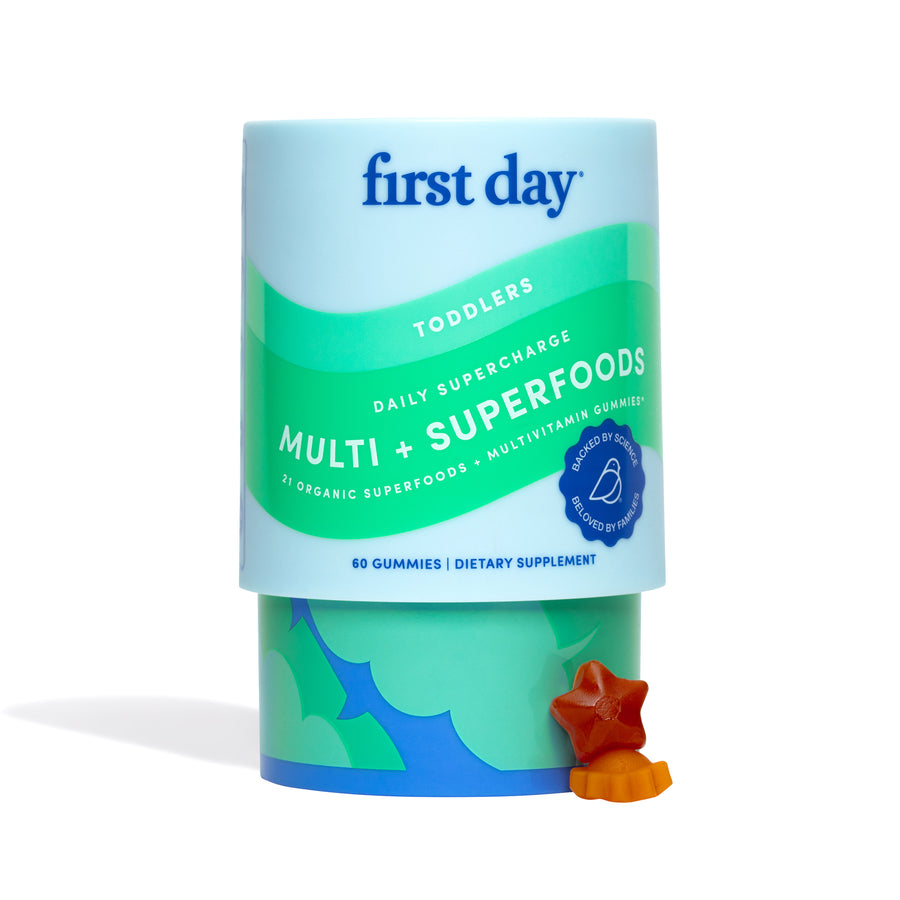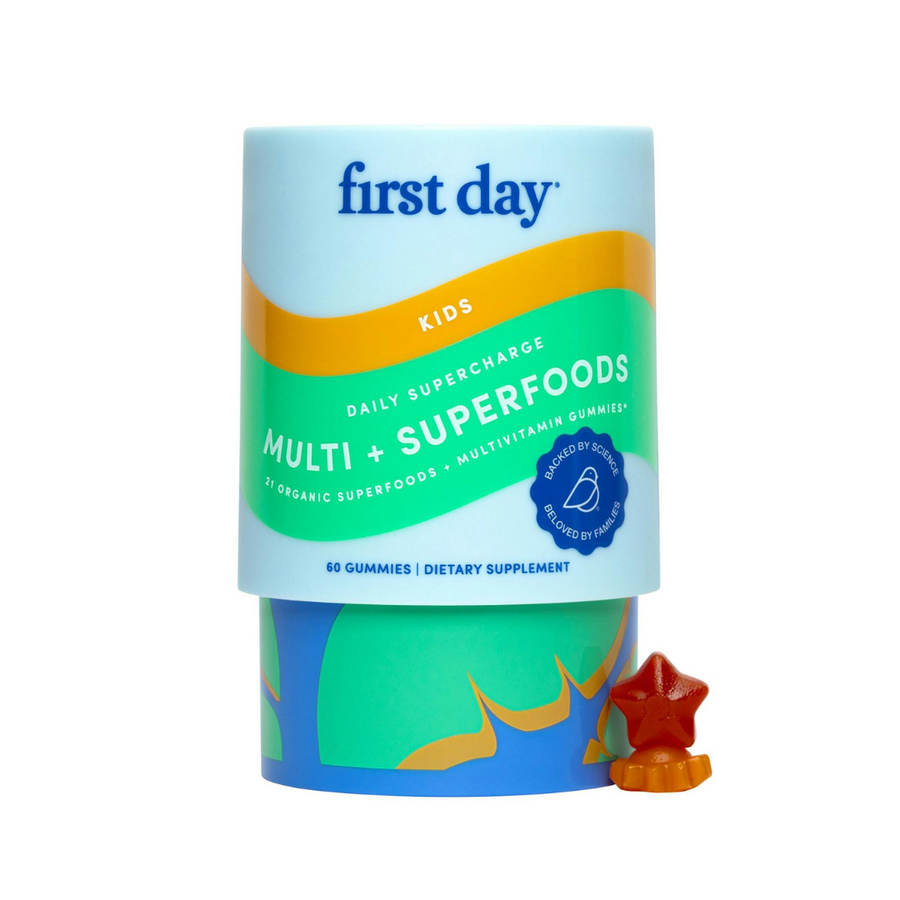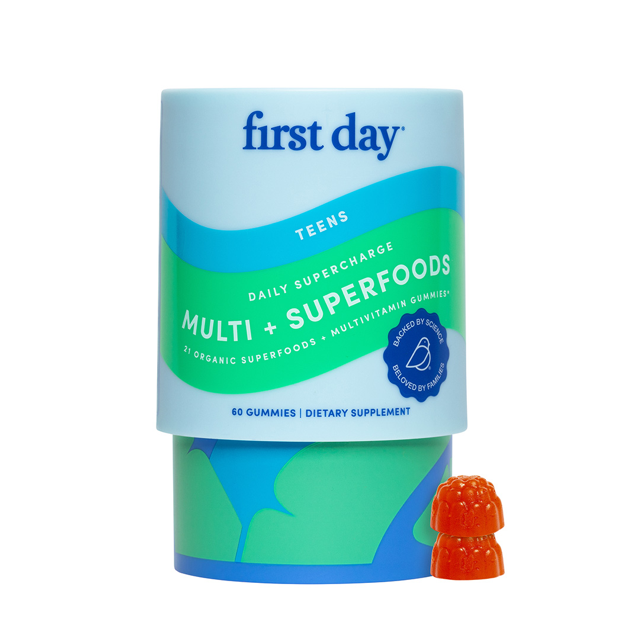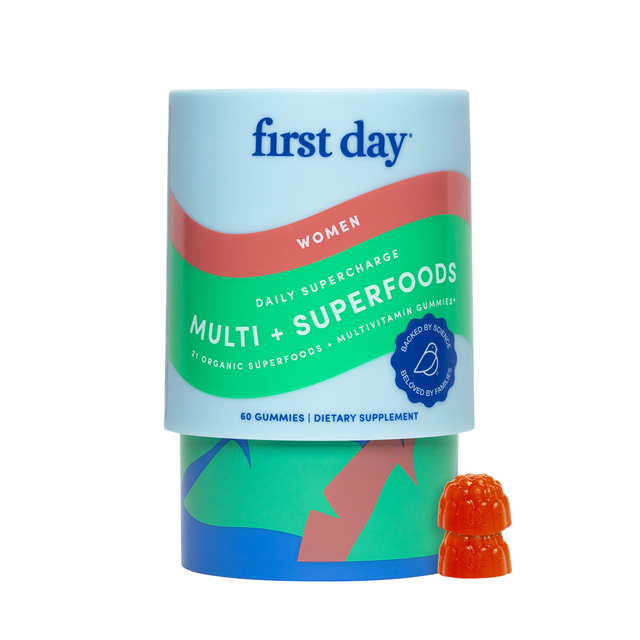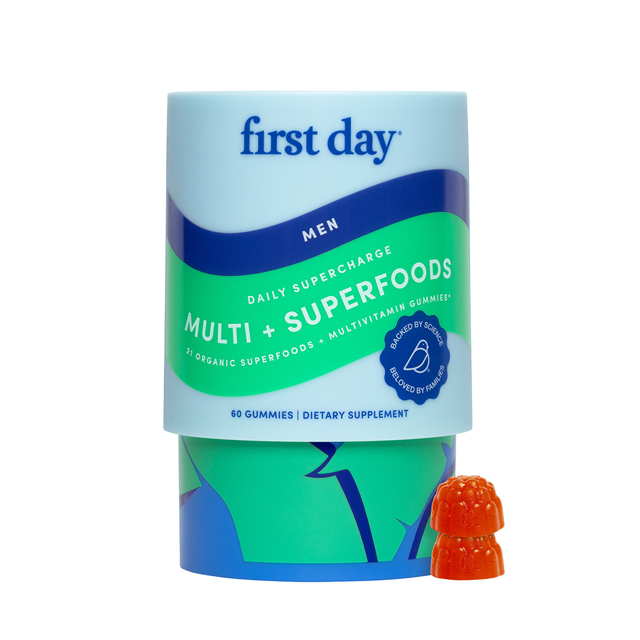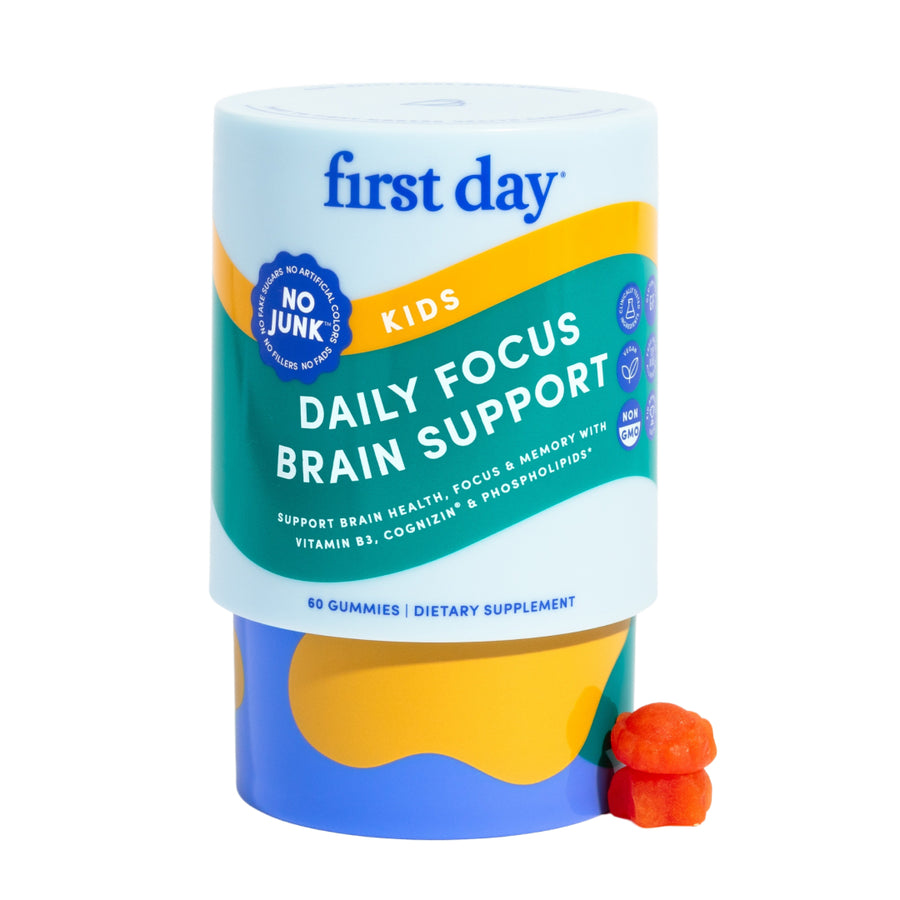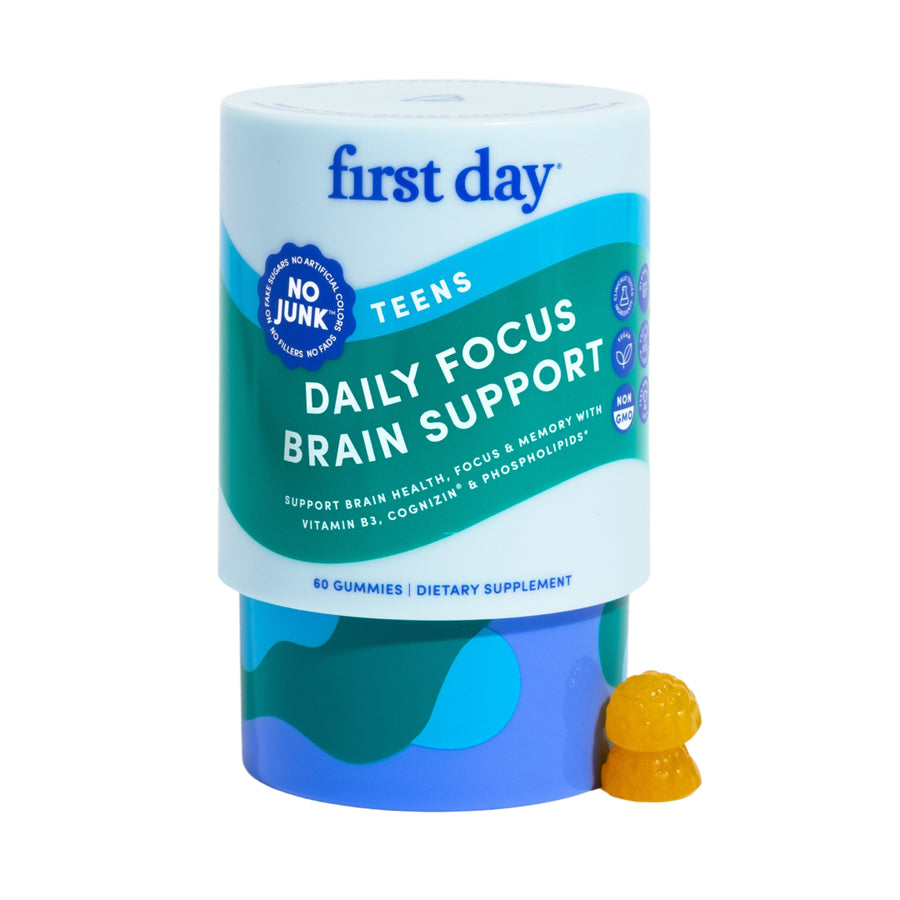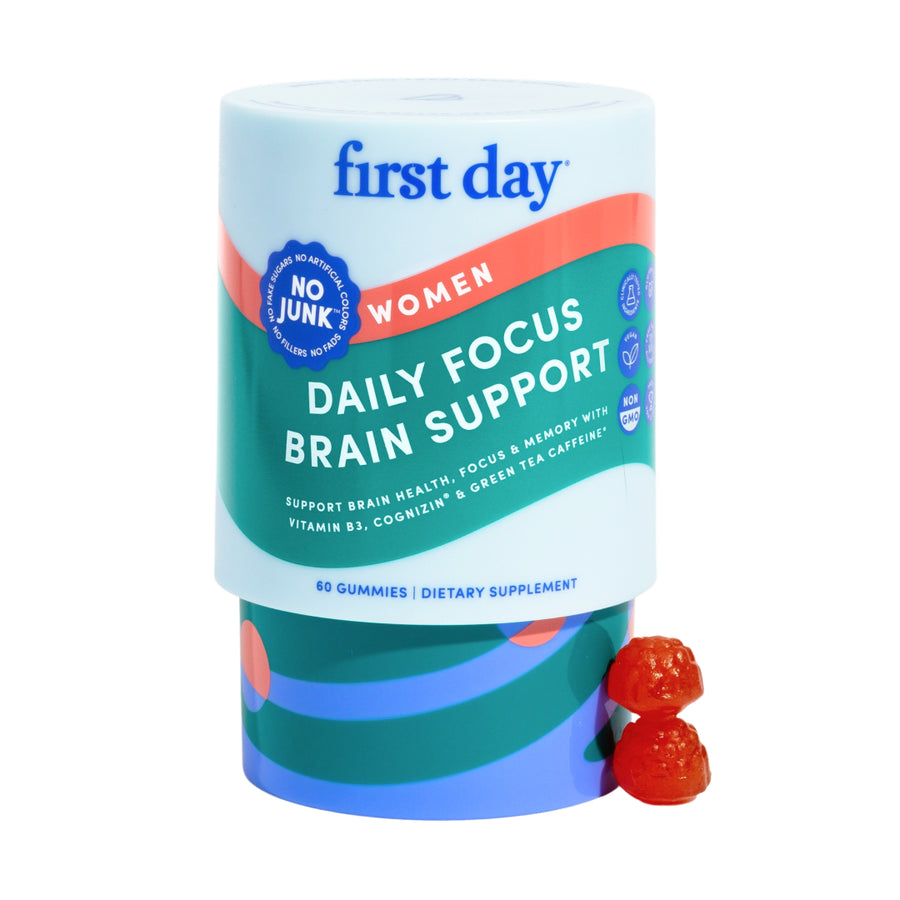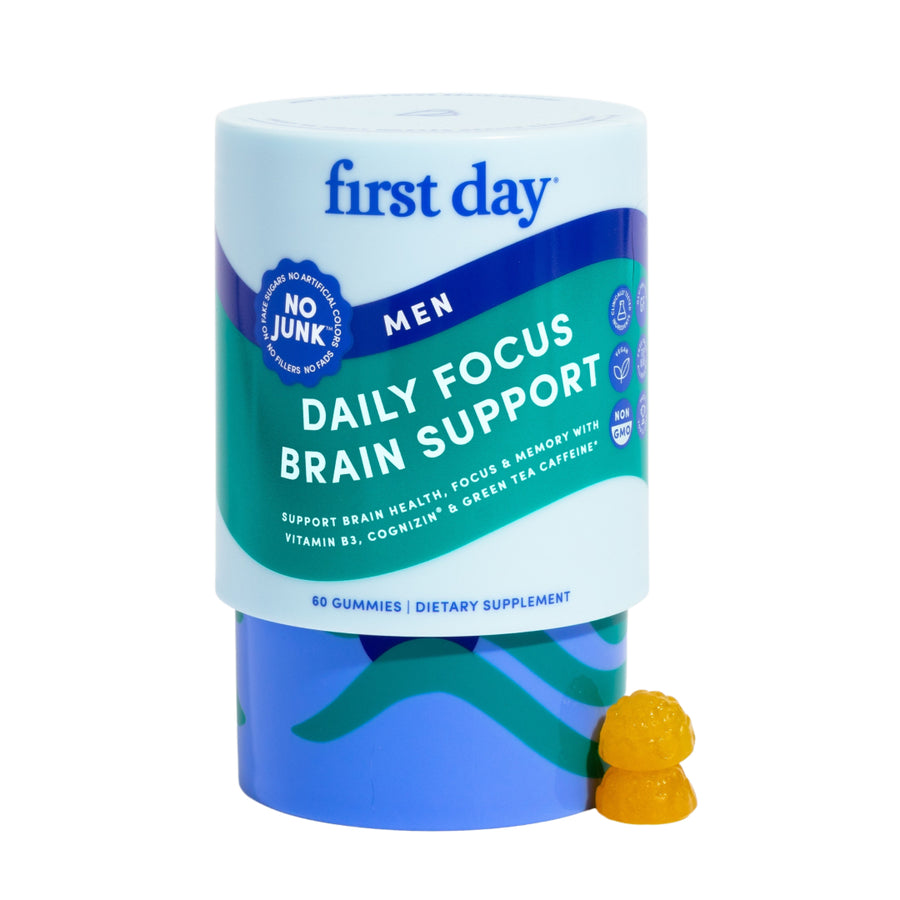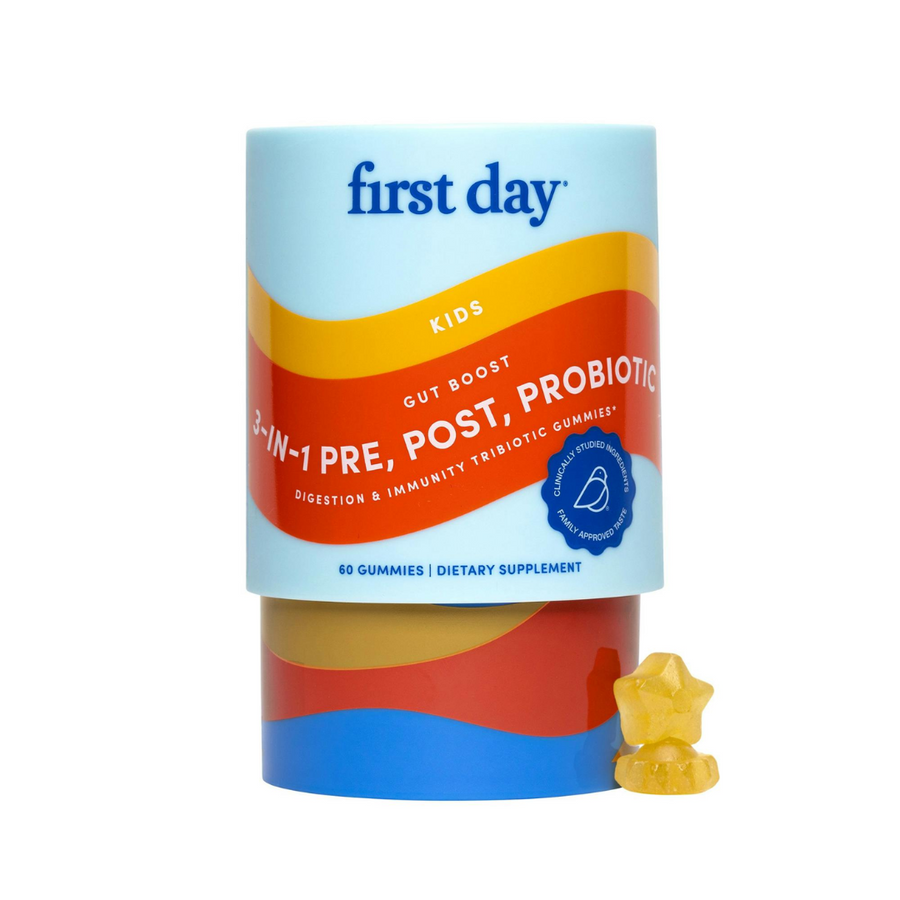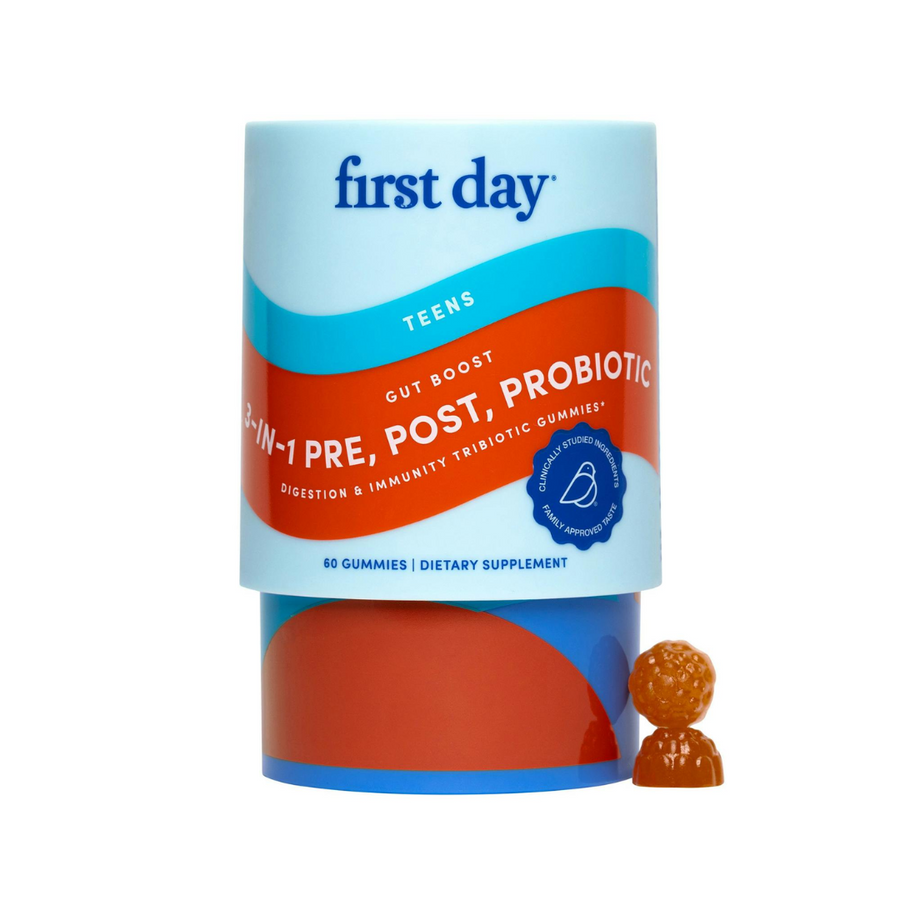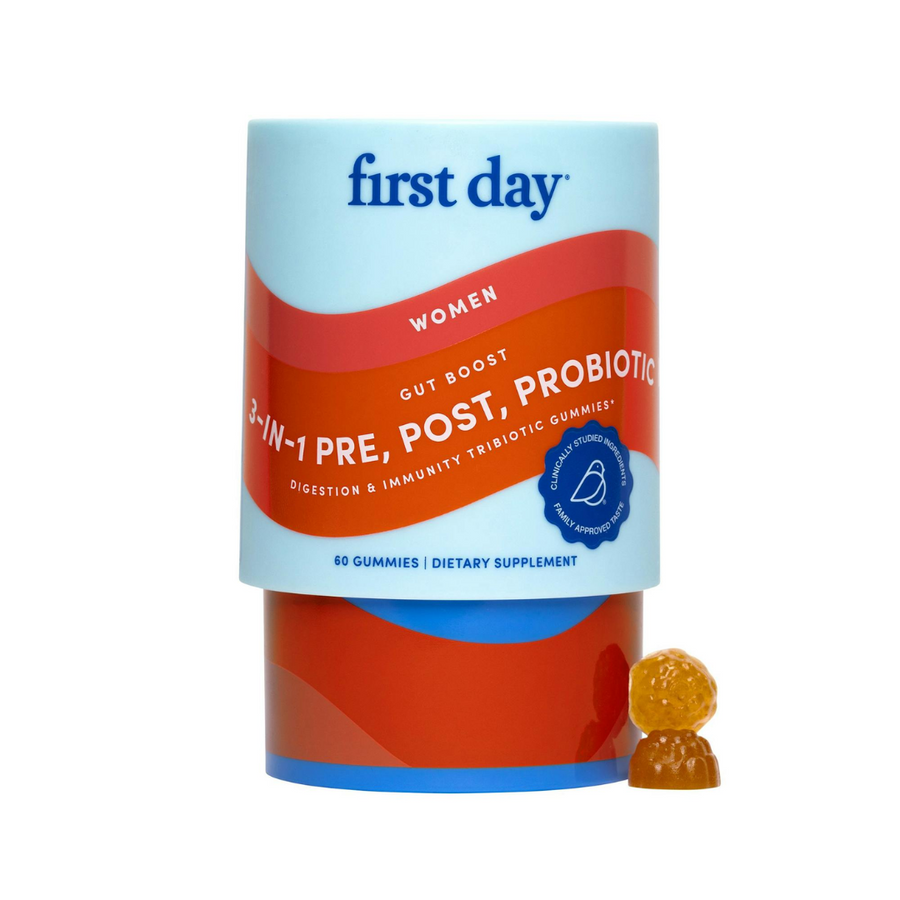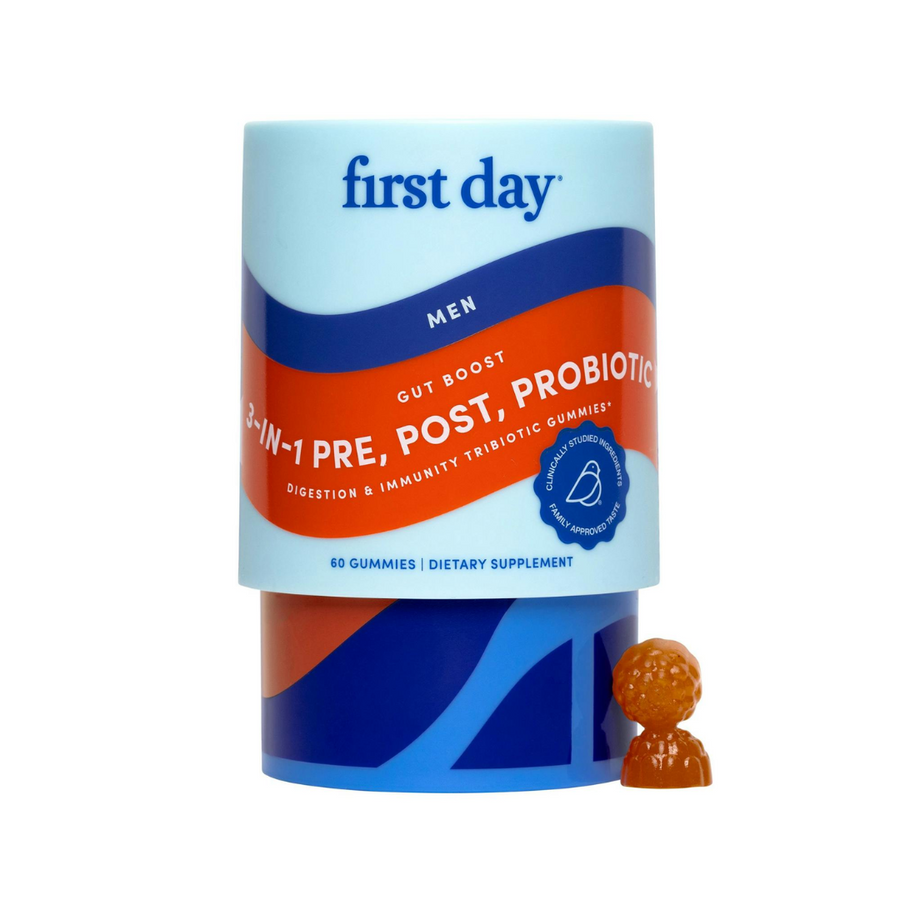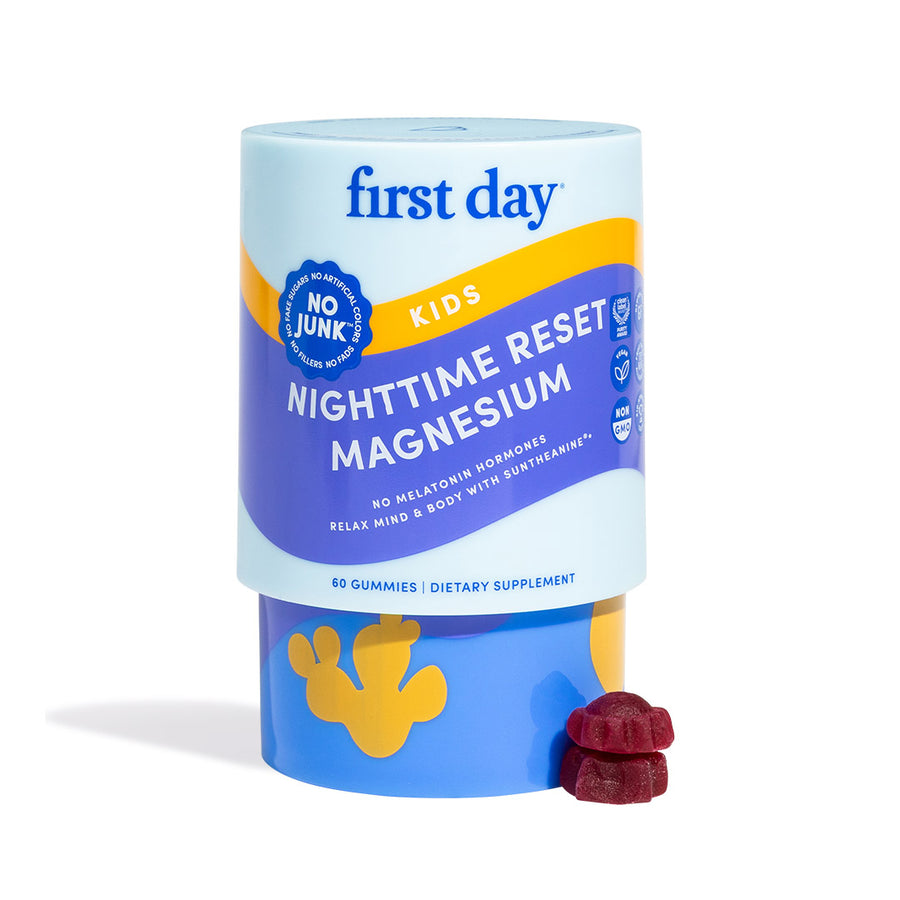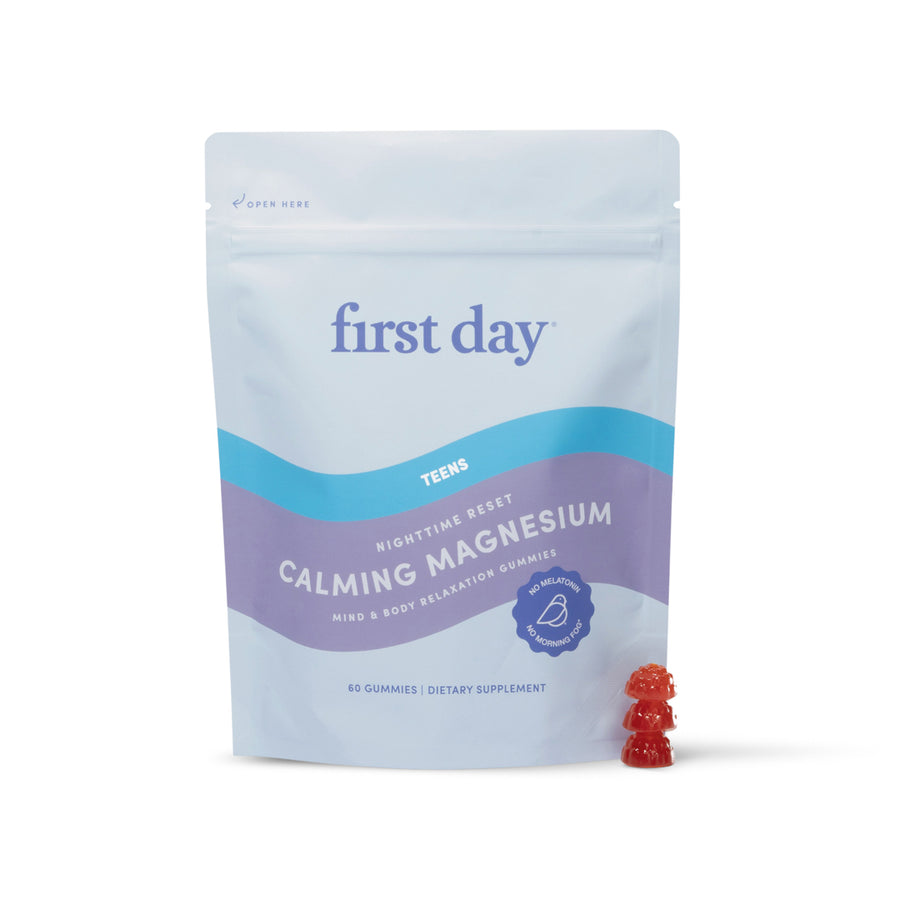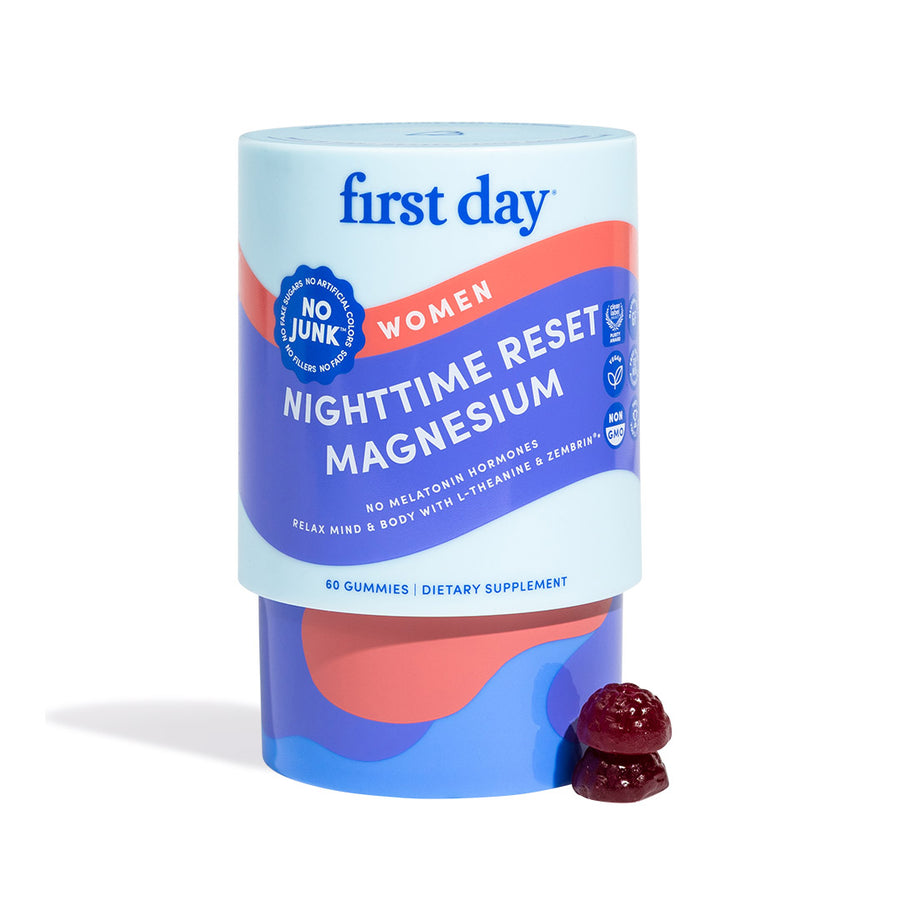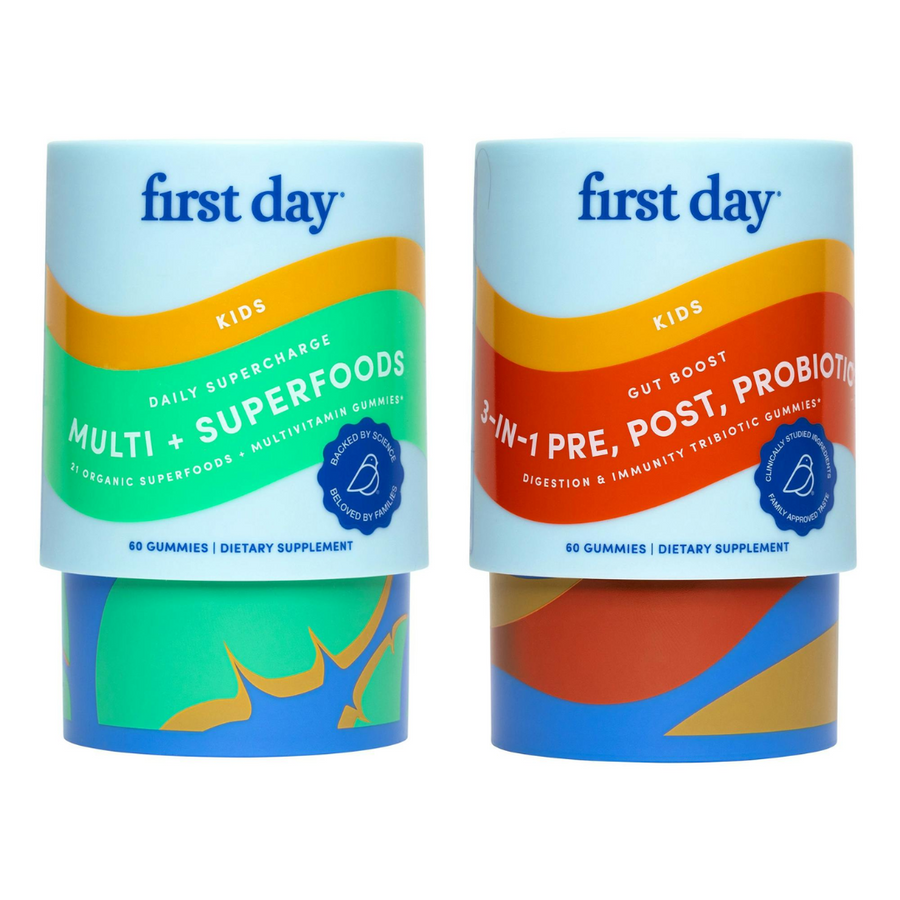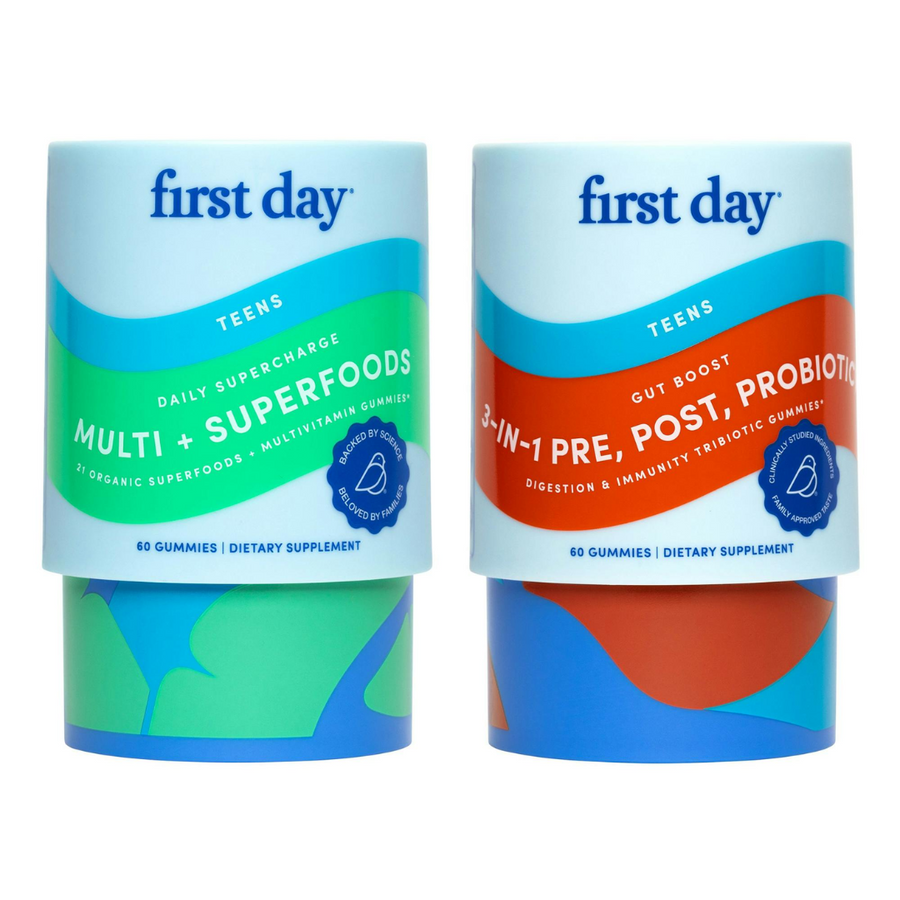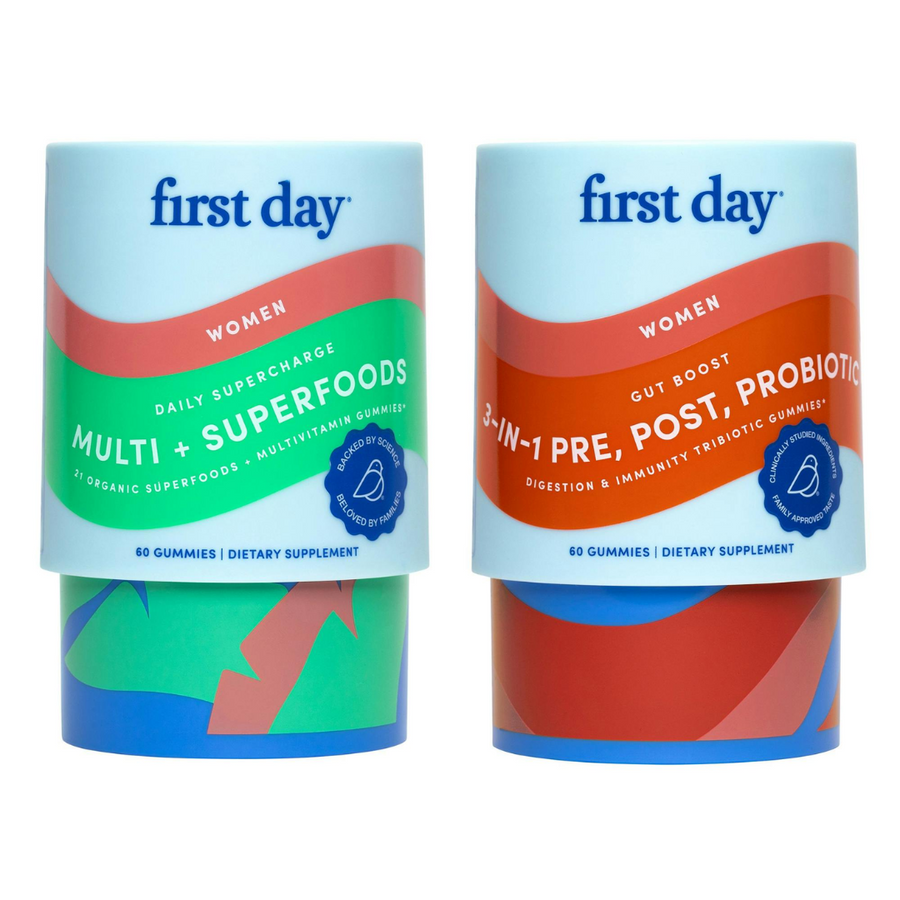As women, we have unique nutritional needs that change throughout our lifetime. It's essential to pay attention to these needs and ensure we're getting the right vitamins and minerals every day. But with all the different options out there, it can be hard to know which supplements we should be taking.
In this article, we'll take a look at some of the most important vitamins and minerals for women of all ages and the best ways to get them into your diet. We'll also dispel some common myths about vitamin supplementation to make informed decisions about what's right for you.
So, whether you're looking to boost your energy levels, support your immune system, or just maintain overall health, read on for our ultimate guide to the best vitamins and minerals for women.

1. Vitamin A
Vitamin A is a fat-soluble vitamin that plays several important roles in the body. It's essential for vision, bone growth, reproduction, and cell function. Vitamin A also helps regulate the immune system and has antioxidant properties to protect against some chronic diseases.
There are two main types of vitamin A: preformed vitamin A (found in animal products) and provitamin A (found in plants). The body can convert provitamin A into preformed vitamin A, but this process is inefficient.
The Recommended Dietary Allowance (RDA) for vitamin A is 700 micrograms (mcg) per day for women aged 19 and over. However, pregnant and lactating women need slightly more, at 770 and 1,300 mcg per day.
You can get vitamin A into your diet by eating liver, egg yolks, fatty fish, cheese, butter, whole milk, carrots, and leafy green vegetables. You can also take a supplement that contains either preformed vitamin A or beta-carotene (a plant-based form of vitamin A).
2. Vitamin B6
Vitamin B6 is a water-soluble vitamin involved in over 100 reactions in the body. It's crucial for metabolism, immune function, red blood cells production, and nervous system function.
The RDA for vitamin B6 is 1.3 mg per day for women aged 19 and over. However, pregnant women need slightly more.
You can get vitamin B6 into your diet by eating poultry, fish, potatoes, non-citrus fruits, and fortified cereals. You can also take a supplement that contains vitamin B6 or a combination of B vitamins.
3. Vitamin B12
Vitamin B12 is a water-soluble vitamin involved in many vital processes in the body, including DNA synthesis, red blood cell production, and nervous system function. It's also necessary for the metabolism of homocysteine, an amino acid that's been linked to heart disease.
The RDA for vitamin B12 is 2.4 micrograms (mcg) per day for women aged 19 and over. However, pregnant and lactating women need more, at 2.6 and 2.8 mcg per day.
The sources include meat, poultry, fish, eggs, and dairy products or supplements that contain vitamin B12.
4. Folic Acid
Folic acid is a water-soluble vitamin involved in many important processes in the body, including DNA synthesis and repair, red blood cell production, and cell division.
Folic acid is essential for pregnant women because it helps prevent neural tube birth defects in the developing baby. The RDA for folic acid is 400 micrograms (mcg) per day for women capable of becoming pregnant. However, if you are already pregnant, you need 600 and 500 mcg per day.
You can get folic acid into your diet by eating dark green leafy vegetables, legumes, nuts, fortified cereals, and bread.
5. Vitamin C
Vitamin C is a water-soluble vitamin that plays several crucial roles in the body. It's necessary for the growth and repair of tissues, the production of collagen, and the absorption of iron. Vitamin C is also an antioxidant that can protect against some chronic diseases.
The RDA for vitamin C is 75 mg per day for women aged 19 and over. Include it in your diet by eating foods like citrus fruits, strawberries, bell peppers, broccoli, and Brussels sprouts.
6. Vitamin D
Vitamin D is a fat-soluble vitamin that's necessary for the absorption of calcium and phosphorus. It's also involved in bone health, immune function, and cell growth. It promotes normal blood pressure in adult women.
The RDA for vitamin D is 600 international units (IU) per day for women aged 19-70. Get vitamin D into your diet by eating fatty fish, eggs, fortified milk, and fortified cereals. You can also get it from exposure to sunlight. Also, consider taking dietary supplements that contain vitamin D or a combination of vitamins and minerals to prevent vitamin D deficiency.
7. Vitamin E
Vitamin E is a fat-soluble vitamin that acts as an antioxidant. It helps protect cells from damage and plays a role in immune function.
The RDA for vitamin E is 15 mg per day for women aged 19 and over. Sources include vegetable oils, nuts, seeds, and leafy green vegetables. Or, in the case of supplements, choose one that contains vitamin E or a combination.
8. Calcium
Calcium is a mineral that promotes bone growth and maintenance of bones and teeth. It also involves muscle contraction, nerve function, and blood clotting.
The RDA for calcium is 1,000 mg per day for most women aged 19-50 and 1,200 mg per day for women over the age of 50. You can get calcium into your diet by eating dairy products like milk, yogurt, and cheese. You can also eat broccoli, kale, and other leafy green vegetables. Or take a calcium supplement for a healthy immune system.
Vitamins are essential nutrients that play important roles in the body. Women need different amounts of each vitamin depending on their age and stage of life. You can get vitamins into your diet by eating various healthy foods or by taking supplements.

About Vitamin Supplementation
Supplements are an easy way to ensure you’re getting the nutrients you need every day. But with so many options on the market, it can be hard to know which ones are right for you.
As a general rule, it’s always best to get your nutrients from food first. But sometimes that’s not possible or practical. That’s where supplements come in.
They help fill in the gaps when you can’t get all the nutrients you need from your diet.
But with so many different types and brands of supplements available, it can be confusing to know which ones to choose. And taking too many supplements can be expensive and even dangerous.
That’s why it’s important to talk to your doctor or a registered dietitian before starting any supplement regimen. They can help you determine which nutrients you might be lacking and recommend the best way to take them.
How To Choose The Best Vitamin Supplements?
The choice depends on how they work and impact your body. Here are some things to consider when choosing the best vitamin supplements:
1. Bioavailability
This is the extent to which a nutrient is absorbed and used by the body. It’s important to choose supplements that are easily absorbed by your body. Otherwise, you’re just wasting your money on something that won’t do you any good.
2. Cost
Vitamin supplements can be expensive. But you don’t necessarily have to spend a lot of money to get a good quality product. Many affordable options are available that will still provide you with the nutrients you need.
3. Quantity
You should only take the recommended amount of each vitamin supplement. Taking too much can be harmful to your health. So be sure to follow the instructions on the label carefully.
4. Quality
When it comes to supplements, quality is important. Look for supplements that are certified by an independent organization like food and nutrition board. These organizations test supplements for safety and quality.
5. Ingredients
Be sure to check the label to see what’s in the supplement. Some might contain ingredients you’re allergic to or interact with other medications you’re taking. So it’s important to be aware of what you’re putting into your body.

Consider First Day Women's Daily Supercharge
When it comes to vitamins, women have different needs than men. In general, they need more iron and folic acid and less sodium and calcium. So it's important to pay attention to diet and make sure you are getting enough of the right nutrients.
First Day's comprehensive supplement is designed to cover all of the bases with essential nutrients, including vitamins A, C, D, and E. It also has minerals like magnesium and zinc, plus other vital ingredients like folate and MTHR. If you're feeling particularly run down, this could be the vitamin regime for you.
The gummy vitamins are easy to take and come in a great taste without artificial flavors. They are also vegan and gluten-free. Hence, a perfect choice for women of all ages.
References

